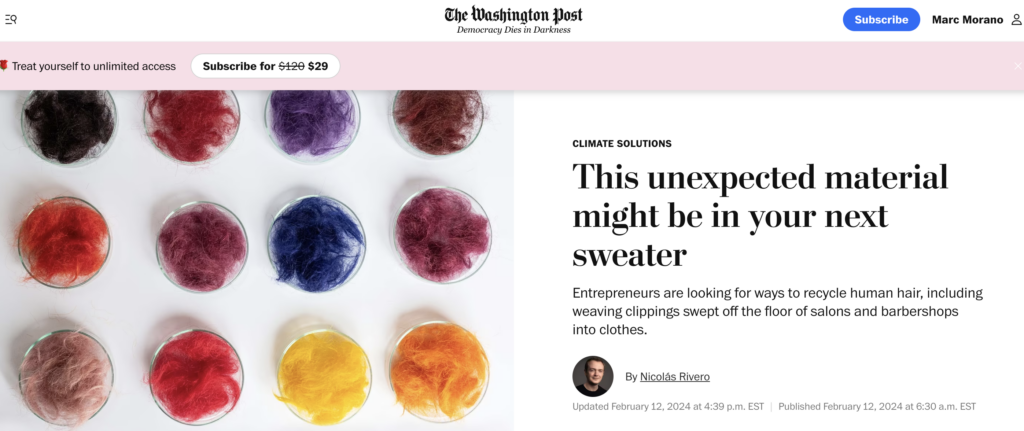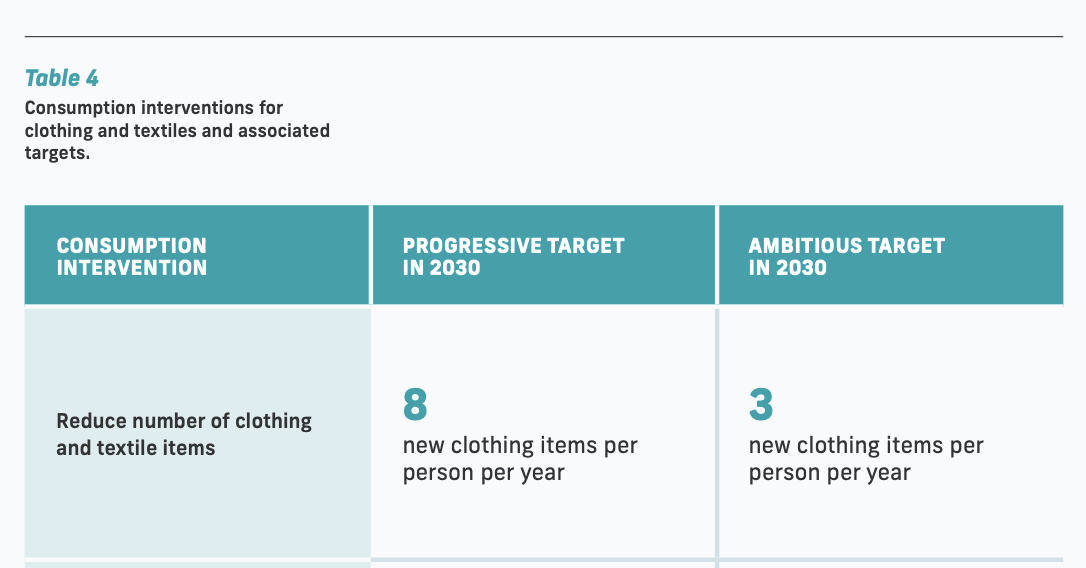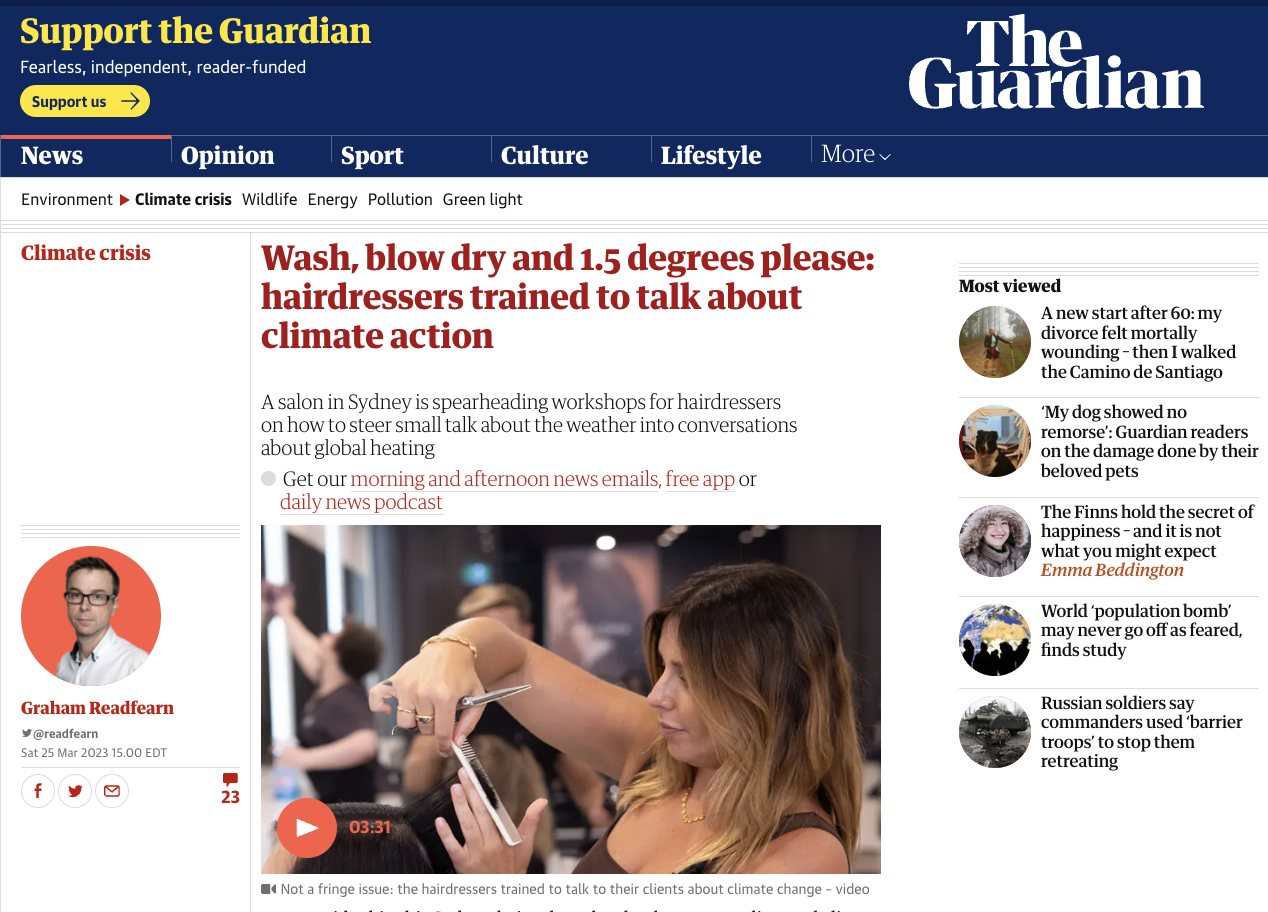Now they are coming for your — HAIR?! Wash Post touts ‘recycling human hair…into clothes’ as a ‘climate solution’ – ‘Weaving with human hair…keeps hair out of landfills & incinerators, where it would release greenhouse gases’




The Washington Post’s ‘climate solutions’ reporter Nicolás Rivero on Feb 12, 2024: When Zsofia Kollar gets a haircut, she can’t help but think about all the precious material her hairdresser is sweeping into the trash…The United States and Canada throw out 32 tons of hair per day, according to a report from the waste management firm Green Circle Salons. But Kollar says there’s a better use for all those wasted locks: weaving them into clothing. In 2021, she launched a start-up, dubbed the Human Material Loop, to turn hair swept off the floors of salons and barbershops into fabric for clothes, curtains, carpets and furniture. …
There are two environmental advantages of weaving with human hair, according to Kollar. First, it keeps hair out of landfills and incinerators, where it would release greenhouse gases while rotting or burning. Second, it avoids the consequences of clearing land to grow cotton, drilling oil to make synthetic fibers or shearing wool from sheep, which belch tons of planet-warming methane. … But all the processing that comes afterward is expensive, especially because Human Material Loop is a start-up producing fabrics in small batches. Right now, Kollar says, her human hair fabric costs more than wool, cotton or polyester. “But once we reach a full-scale production, we can provide a very competitive price,” she said.
#
Marc Morano comment on the Washington Post demanding to fleece our heads: “Maybe if we all shear our heads bald and donate our locks to save the planet, our betters in the climate world will allow us to buy more than three new items per person. After they strip our curls, what will they come for next? Will they demand we give up our human skin next?!”


Wash, blow dry & talk to me about global warming please: Hairdressers trained to talk about ‘climate action’ to customers – “The weather is the hook. You can take a cue from that,” says Prof Lesley Hughes, one of two climate scientists who have helped run workshops to give hairdressers the tools for times when the conversation turns to the existential. “You can show the science until you’re blue in the face but what can be more effective are people who you trust talking about it. It’s important to show it’s not a subject to be afraid of.” More than 400 hairdressers have attended workshops as part of a project called A Brush With Climate being driven by Paloma’s owner, Paloma Rose Garcia.
